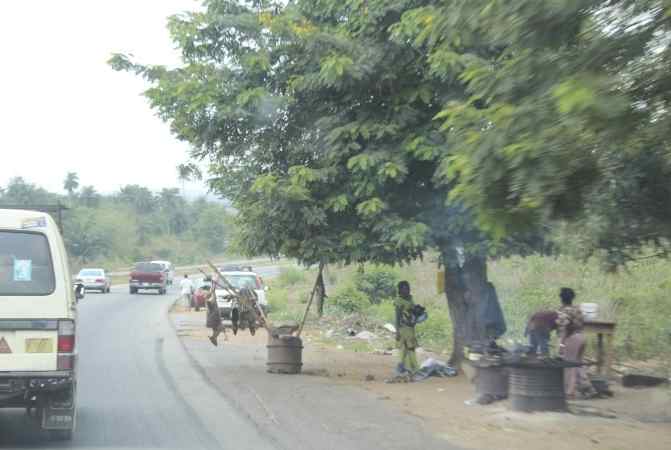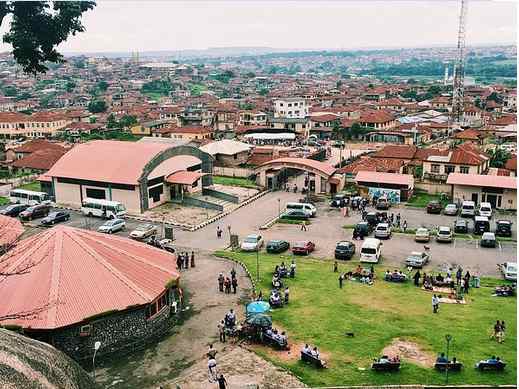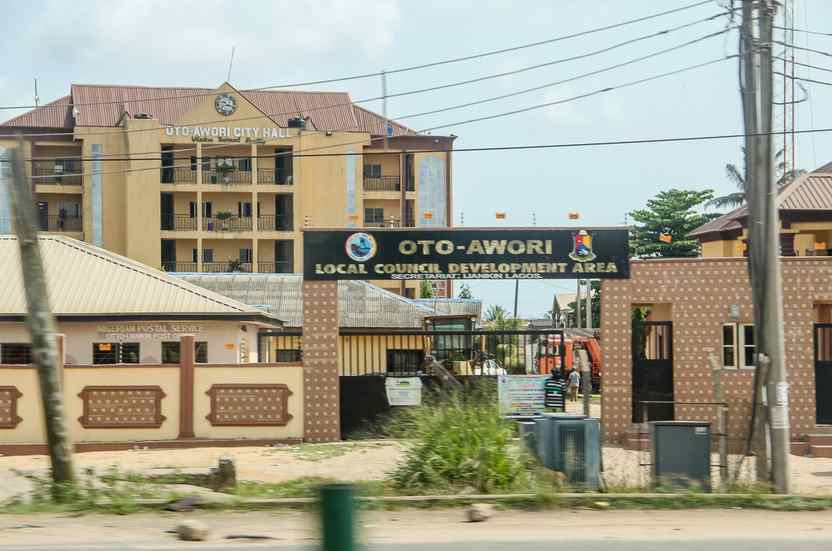
support@yorubalibrary.com
+2348073529208, 07038599574

Ìkòyí is one of the notable towns in Yorùbáland, popular for its cultural heritage, historical significance, and the uniqueness of its people. Like many Yoruba settlements, Ìkòyí has its roots in ancient migrations, oral traditions, and the leadership of influential forebears. The town is well known not only for its contributions to trade and agriculture but also for its reputation as a custodian of Yoruba customs and traditions. Today, Ìkòyí stands as both a home for its indigenes and a cultural symbol for descendants in the diaspora, who continue to value the identity and heritage of the town.
History and Origin of Ìkòyí
According to oral history, Ìkòyí traces its origin to early Yoruba expansion from Ilé-Ifẹ̀, the cradle of the Yoruba people. It is said that the founding fathers of the town were brave hunters and warriors who established the settlement as a strategic center for safety, trade, and community life. Ìkòyí gradually grew into an important town, linked by marriage ties and political relations with neighboring towns.
Occupation and Economic Life
The people of Ìkòyí are industrious and hardworking. Agriculture is the backbone of the community, with yam, cassava, maize, and vegetables widely cultivated. Palm oil processing and livestock rearing also contribute to the economy of the town. In addition, local artisans—blacksmiths, weavers, and potters—play significant roles in sustaining traditional crafts. In modern times, trade and small-scale businesses have expanded, giving Ìkòyí a balance of both traditional and contemporary occupations.
Culture and Festivals
Cultural life in Ìkòyí is vibrant, and it reflects the deep connection of the people to Yoruba traditions. Annual festivals often honor ancestors, celebrate harvests, and showcase traditional music, dance, and drumming. The Egúngún festival, for instance, remains one of the most colorful cultural expressions in the town. Through these events, Ìkòyí reinforces communal unity while also attracting visitors from other towns.
Landmarks and Tourist Attractions
Though smaller compared to some Yoruba cities, Ìkòyí features natural and cultural landmarks of significance. The town is surrounded by fertile farmlands, sacred groves, and historic compounds that tell the story of generations past. Local markets also serve as gathering points for trade and cultural interaction, where visitors can experience the lifestyle of the people firsthand.
Oríkì Ìkòyí
Oríkì, the Yoruba praise poetry, is one of the ways the people of Ìkòyí express pride in their heritage. Below is Oríkì Ìkòyí:
Ìkòyí èshó,
Ọmọ agbọn iyùn,
Ogun ajaaiweeyin lọ meso wù mí,
Ogun ojoojumo lo mú kilee wọn sú mí lọ,
èshó kí gba ọfà lẹ́yìn,
Gbangba iwájú ni wọn fí gbaọta,
Ọmọ oni Ìkòyí akoko,
Èyin lọmọ àgbà tín yàrun ọ̀tẹ̀,
Ọmọ ogun lérè jọjà lọ,
Ìkòyí ọmọ Aporogunjo,
Ìkòyí gbéra ń lé ó dìde ogun yá,
Ọjọ́ Kínní tó nìkòyí kú,
Ṣùgbọ́n mo kúrò lọmọ agbekórùn lọ oko,
Wọn gbélé wọn bo onìkòyí
Àgbède gbede onìkòyí lọ sùn ibè,
Àtàrí onìkòyí Kò sún ibè,
Àwọn lọmọ aṣíjú àpò piri dàgbà ọfà sọ fún,
pofún yóò yọ dàgbà ọfà sile,
Ọmọ aku fepo tele koto,
Ọmọ igunnugun balẹ̀ wọn a jori
akalamagbo balẹ̀ wọn a jẹdọ.
Conclusion
Ìkòyí is more than just a Yoruba settlement; it is a community that shows the strength, and creativity of its people.
Need more? Browse through our Oriki Gallery today, at zero cost.

Check out the detailed Oriki of Abeokuta, the capi…

The authentic Oriki of the Awori people, one of th…